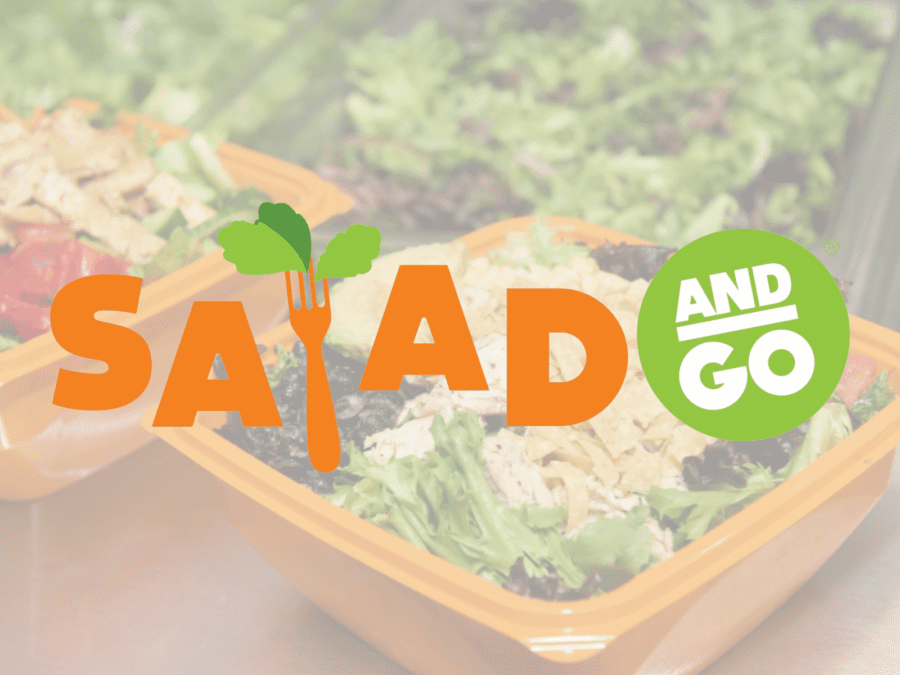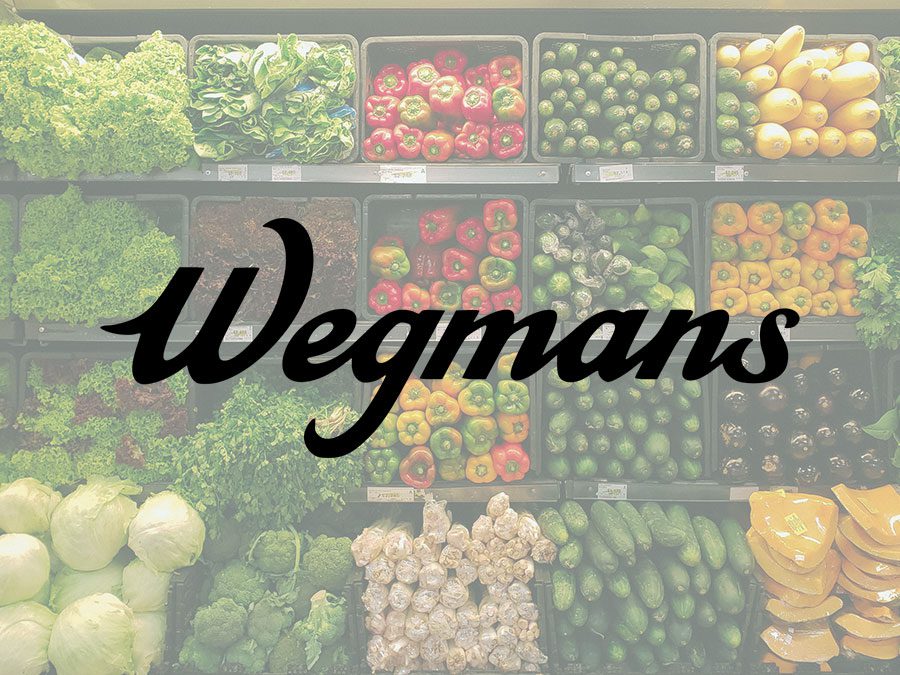“Using the Genesis Foods software has shaved hours and maybe even days off of the time it used to take me to calculate the nutritional data on a formulation and determine the appropriate claims I could make.”
Improve Traceability by 75% with AI-Driven Supply Chain Solutions
At Trustwell, we’ve been connecting the dots between food and data for over 40 years to give you more control and visibility along the supply chain. The next generation of Genesis Foods, featuring AI-assisted allergen identification, and our comprehensive FoodLogiQ platform set a new standard for compliance, product management, transparency, and quality in the food industry.

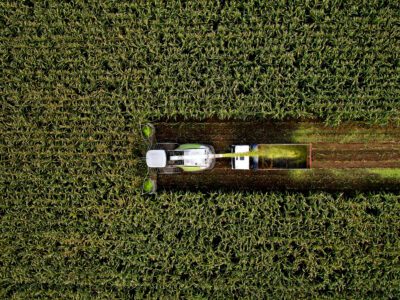
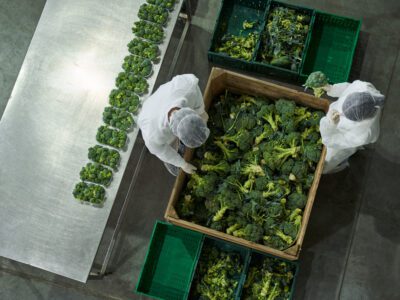
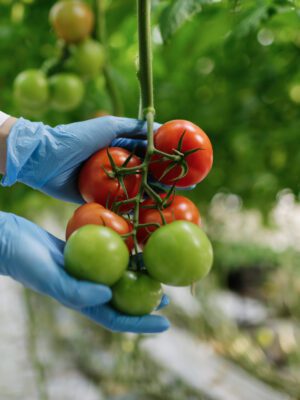
Trusted By 2500+ Brands Around the World
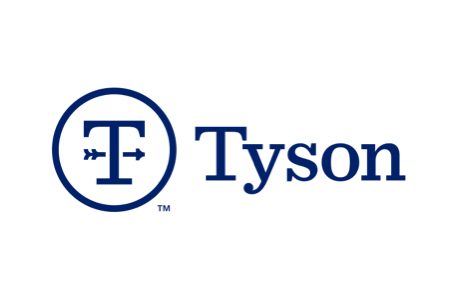
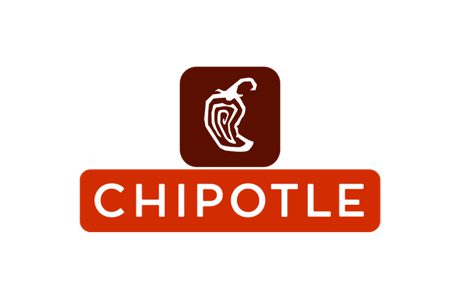
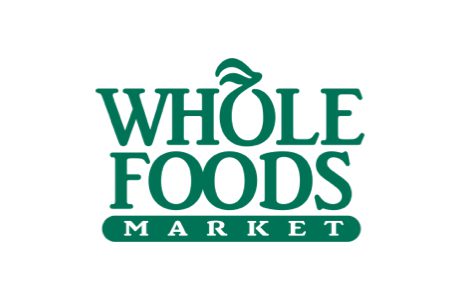
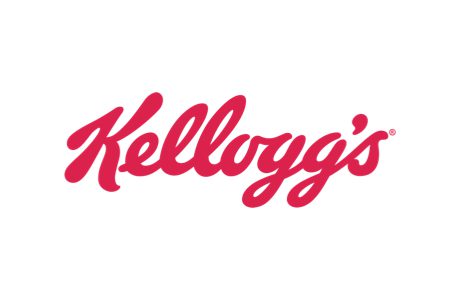
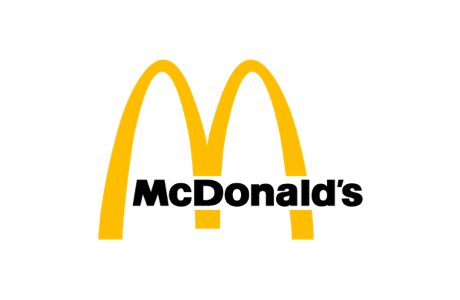
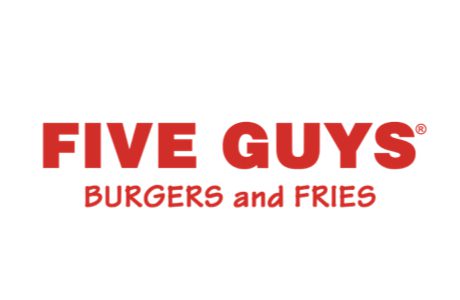
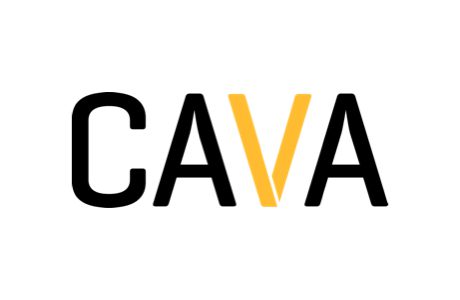
Data Insights — Unlocked by AI, At Your Fingertips
Go to Market 25% Faster with the NEWGenesis Foods

Start with a recipe and end with a label. The next generation of our flagship product provides a comprehensive platform and powerful tools for navigating everything in between. With Genesis Foods, you can bring products to market faster than your competitors without sacrificing compliance, safety, or precious time.
- Faster formulation
- Compliant labels
- AI-powered regulatory assistance
AskReg, Your AI-Powered Compliance Assistant
AskReg isn’t just another chatbot. It’s an advanced assistant designed just for the food, food safety, and supplement manufacturing industries. Now, if you have compliance questions, you can just AskReg.
Gain 35% Operational Efficiency withFoodLogiQ
Streamlined, safe, and strategic supply chains are made possible with Trustwell’s suite of FoodLogiQ products. Manage supplier relationships in Compliance, stay audit-ready with Quality Management, capture supply chain data with Traceability, and simplify withdrawals with Recall.
- Manage supplier compliance
- Prepare for audits & assessments
- End-to-end product traceability
- Manage product specs across your portfolio
- Conduct withdrawals with speed & precision
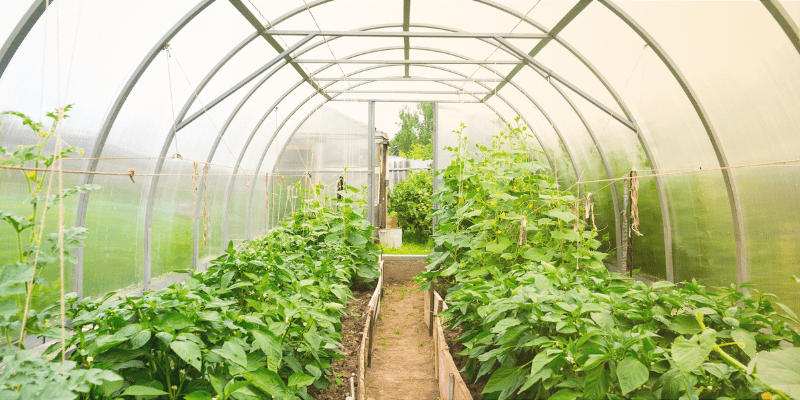
NEW: Food Product Specification Management Made Easier
Powered by our flagship labeling software, Genesis Foods, FoodLogiQ Product Management adds a streamlined and comprehensive approach to food product specification and lifecycle management. offering users access to the gold standard in recipe formulation and connecting both product suites under Trustwell Connect.

Trustwell Solutions
Access Industry Expertise with Trustwell
Put a team of compliance experts with over 100 years of combined regulatory and food industry experience to work for you. We keep a finger on the industry’s pulse, and with access to experts, on-demand seminars, and a community of thought leaders you can, too.
Consumers are 32% more likely to purchase from a brand with supply chain transparency.
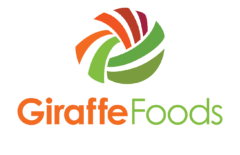


“FoodLogiQ jumped out at us as not only providing services for some of our customers, but the product itself is really clean, easy to use and very customizable.”

1981
Trustwell’s research roots run deep, with a legacy that began in 1981 with the founding of ESHA Research and the industry-leading database it established.
1991
Our flagship product, Genesis Foods, set the gold standard for research and development in the food industry. Today, the next generation of Genesis Foods is modern, global, and powered by AI.
2006
Data is in our DNA, and our pioneering legacy includes traceability heavyweight FoodLogiQ, making supply chains safer and more efficient since the turn of the millennium.
2024 and beyond
With over 100 years of combined experience, knowledge, and leadership within the food industry, Trustwell is bringing together labeling, formulation, analysis, databases, traceability, recall, and compliance together for teams like yours.










